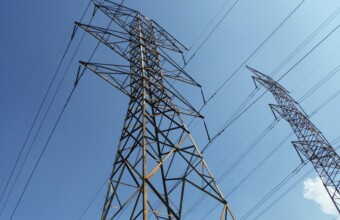Minister of the Environment leads Brazilian delegation at COP26 and defends international financing for low-carbon economy.
By Juliana Nunes
The main voice of the Brazilian government at the 26th United Nations Climate Conference (COP26), in Glasgow, Scotland, is that of the Minister of the Environment, Joaquim Leite. He was the only one to make a speech in the conference plenary and was also in charge of debate panels in the Brazilian pavilion. Leite’s focus was the defense of Brazil as an essential country for the green future, a key player in the necessary changes for sustainability.
Countering criticisms about government policies and the high rates of deforestation, the minister asked for the commitment of the world’s richest countries in financing the global transition to a low-carbon economy. According to him, the most diverse national productive sectors are willing to adopt new technologies and follow the best production practices, without giving up on generating jobs and wealth.
Joaquim Leite criticized developed countries for not having met the previous financing target, established at US$ 100 billion per year. Now, the transformation would require more ambitious volumes. “The countries that historically and currently are responsible for the largest volumes of air pollution must demonstrate their effective funding ambitions at this conference, without further postponing a commitment made in 2015 and so far not fully fullfilled”, said the Brazilian minister.
“All parties must assume their common but distinctive responsibilities towards a net zero green economy.The global challenge to be overcome is to reverse the negative logic of punishment, of sanction and prohibition, to the positive logic of incentive, of innovation, of prioritization.”
BIOFUEL
Focusing on international investors, Joaquim Leite and the Brazilian delegation made an assessment of the government’s actions for environmental preservation and the recovery of degraded areas. Research carried out by governmental agencies indicate that the national low-carbon agriculture has restored almost 28 million hectares of pastures..
The biofuel program, in turn, has guaranteed renewable energy for 84% of the electric grid, with an increase in the number of jobs in the solar and wind energy areas. The solid waste management sector, which expects more partnerships with the private sector, has already reduced the number of open air landfills by 20%.
The new legal framework for basic sanitation and the investments in rail and waterway transport were also part of the portfolio of actions presented at COP26 to attract investments and, at the same time, insert Brazil in the list of nations interested in saving the planet.





